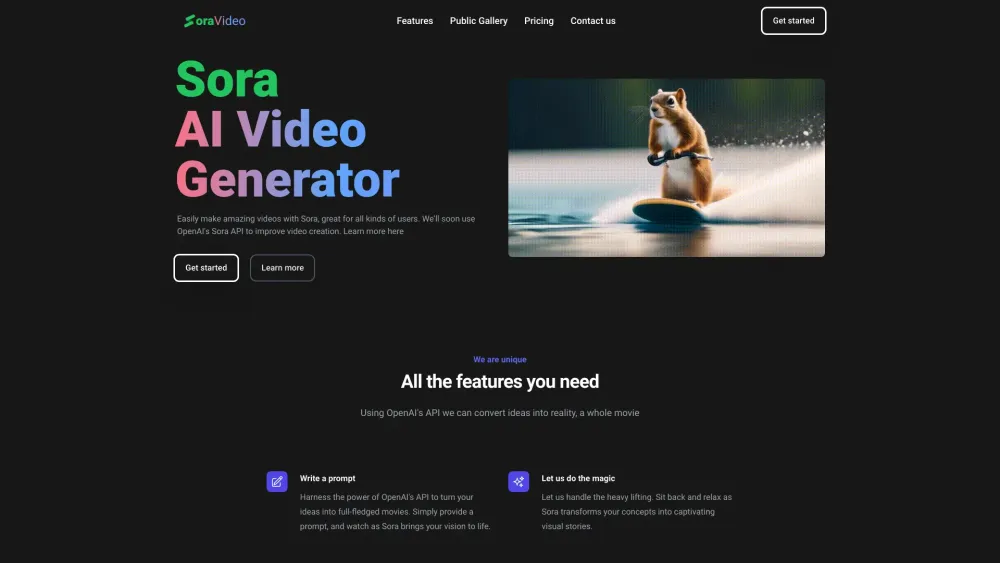Swiss startup LogicStar is making a move to join the AI agent race. Founded in the summer of 2024, the company has secured $3 million in pre-seed funding. Unlike other AI agents that assist with code co-development, LogicStar’s tools focus on autonomous software maintenance.
CEO Boris Paskalev believes that their AI agents could complement existing code development agents, creating a win-win partnership. The goal is to address the problem of code reliability, something even the best AI models and human developers struggle with.
Paskalev sees an opportunity to improve AI’s ability to find and fix bugs in deployed code—something current models can’t handle well. “We realized that even the best models out there can't solve most bugs,” he said. This gap in the market led to the idea of building a platform that could change the app maintenance game.
The startup is building its platform atop large language models (LLMs) like OpenAI’s GPT and China’s DeepSeek. LogicStar’s model-agnostic approach allows the AI to pull from various LLMs, picking the best one for each task.
Paskalev is no stranger to this space. He sold his previous startup, DeepCode, a code review company, to cybersecurity firm Snyk in 2020. This experience, along with the technical expertise of his team, gives them the edge to tackle problems that LLMs can’t solve alone.
“When we started, we thought about building our own large language model for code,” Paskalev explained. “But we realized that would quickly become a commodity. Instead, we’re focused on maximizing business value from existing models and agents.”
The core of LogicStar’s technology lies in understanding software applications. By using classical computer science methods, the team builds a knowledge base for each application. This knowledge helps the AI agents pinpoint which areas are affected by a bug and which functions need testing.
The AI agent uses a “minimized execution environment” to run thousands of tests and find the best fix for any bug. This test-driven development approach helps separate the effective solutions from the rest.
Paskalev believes LLMs are useful for prototyping and testing, but not yet reliable for commercial applications. "LLMs are not great for production code," he says. "That’s where our platform shines. We can extract commercial value from them and save developers time.”
LogicStar’s initial target market is enterprises. The company’s “silicon agents” are designed to work alongside development teams, taking care of routine maintenance tasks. These AI agents will allow human developers to focus on more creative and complex challenges.
While LogicStar’s platform promises full automation, Paskalev confirms that human developers will still be able to review and approve the AI agents’ fixes. Trust is essential, and the goal is for the AI agents to achieve 80-90% accuracy, similar to human developers.
It’s still early days for LogicStar. The company is testing an alpha version of its technology with a few undisclosed design partners. Currently, the platform only supports Python, but support for TypeScript, JavaScript, and Java is coming soon.
“The pre-seed funding will help us prove the technology with our design partners,” Paskalev said. “We’ve spent a year on this and have plenty of room to expand.”
The funding round was led by European venture firm Northzone, with angel investors from DeepMind, Fleet, Sequoia scouts, Snyk, and Spotify also participating.
Michiel Kotting, partner at Northzone, said: “AI-driven code generation is still in its early stages, but the productivity gains are revolutionary. LogicStar’s team has the technical expertise to reshape software development and play a crucial role in software maintenance.”
LogicStar is now operating a waiting list for potential customers and plans a beta release later this year.






